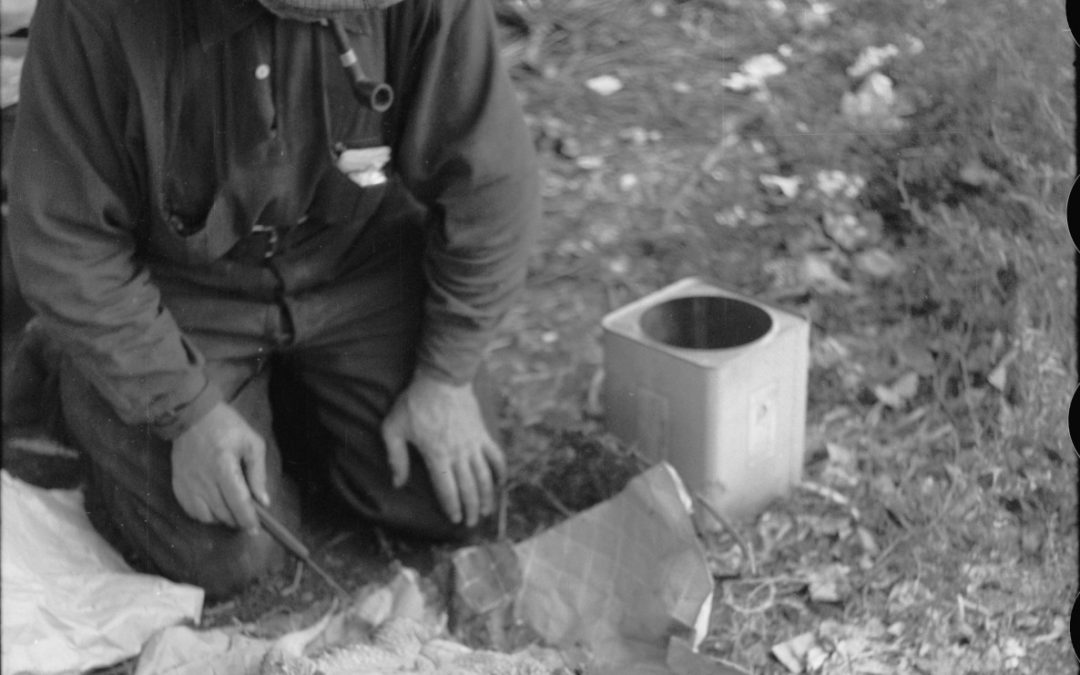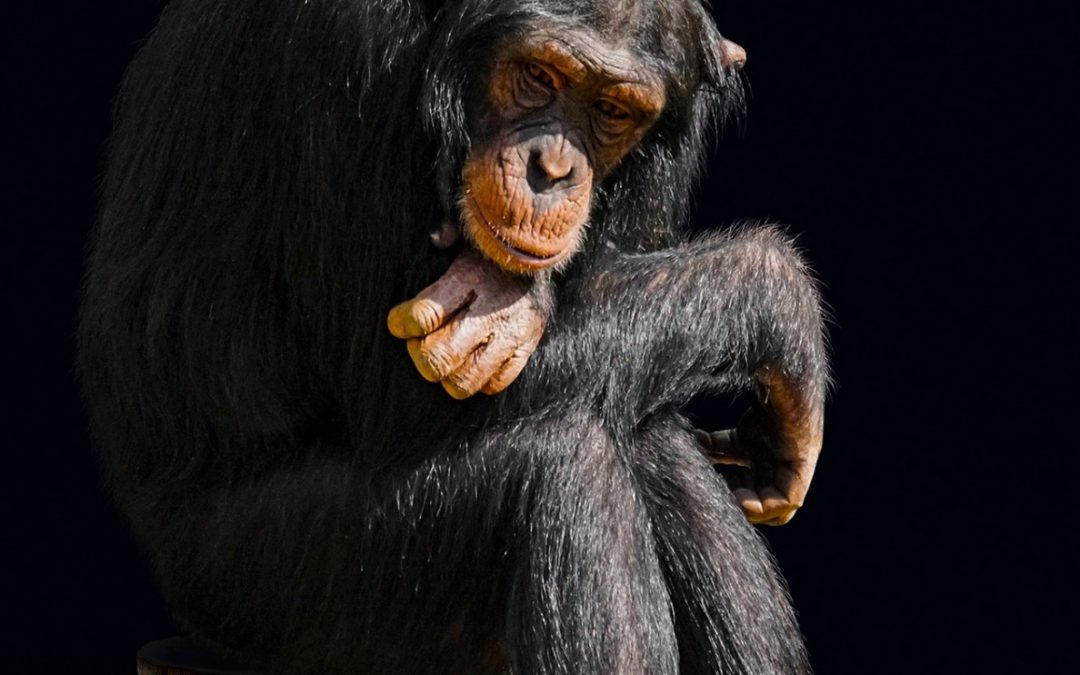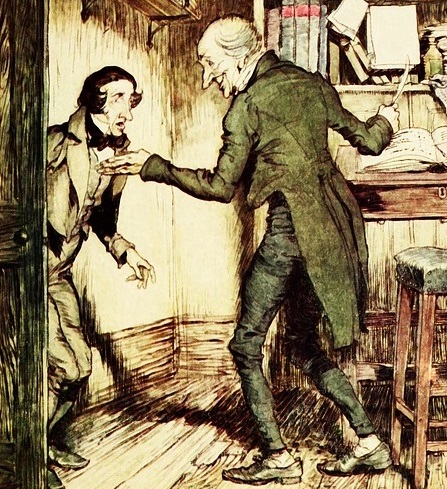
by Richard Subber | Jun 29, 2020 | American history, History, Tidbits
“The Six Grandfathers”
It’s generally believed that Mt. Rushmore was an unremarkable pile of rock before the famous sculptures of presidents were done.
Gutzon Borglum and his son, Lincoln Borglum, did the work starting in 1927, and it was completed in 1941. The Borglums and their crews blasted more than 400,000 tons of stone off the face of the mountain in the Black Hills in Keystone, SD.
Here’s the unfamiliar back story: It wasn’t always called Mt. Rushmore (The granite bluff was named after Charles Rushmore, a wealthy New York lawyer, in 1885).
The Lakota Sioux name for the mountain had been “The Six Grandfathers” (Tȟuŋkášila Šákpe).
It’s too bad the federal government didn’t authorize carving their likenesses into the face of the bluff.
N.B. The image is of Mt. Rushmore in 1905.
* * * * * *
Copyright © Richard Carl Subber 2020 All rights reserved.
Book review: The Snow Goose
…sensual drama, it’s eminently poetic…
by Paul Gallico
–
Above all: Poems of dawn and more with 73 free verse poems,
and the rest of my poetry books are for sale on Amazon (paperback and Kindle)
and free in Kindle Unlimited, search Amazon for “Richard Carl Subber”
* * * * * *

by Richard Subber | Apr 1, 2020 | Human Nature, Reflections, Tidbits
The “Hobo Ethical Code”
Maybe you were thinking there’s no such thing as a “Hobo Ethical Code.”
(I’m not talking about “Politician’s Ethical Code,” don’t get me started….)
In 1889, at the Hobo National Convention in Chicago, the folks who proudly called themselves “hobos” adopted an ethical code that stands the test of time. You can read it below.
You’re right, we don’t have to spend a lot of time these days on the “boil up” part, but just about everything else in the 15-point code has some application to life today.
In fact, living like a noble hobo doesn’t sound like a bad idea at all.
For the record, a hobo is a migratory or homeless worker who looks for work, standing apart from the “tramp” who works when there isn’t much of an alternative and the “bum” who avoids work altogether.
Decide your own life; don’t let another person run or rule you.
When in town, always respect the local law and officials, and try to be a gentleman at all times.
Don’t take advantage of someone who is in a vulnerable situation, locals or other hobos.
Always try to find work, even if temporary, and always seek out jobs nobody wants. By doing so you not only help a business along, but ensure employment should you return to that town again.
When no employment is available, make your own work by using your added talents at crafts.
Do not allow yourself to become a stupid drunk and set a bad example for locals’ treatment of other hobos.
When jungling in town, respect handouts, do not wear them out, another hobo will be coming along who will need them as badly, if not worse than you.
Always respect nature, do not leave garbage where you are jungling.
If in a community jungle, always pitch in and help.
Try to stay clean, and boil up wherever possible.
When traveling, ride your train respectfully, take no personal chances, cause no problems with the operating crew or host railroad, act like an extra crew member.
Do not cause problems in a train yard, another hobo will be coming along who will need passage through that yard.
Do not allow other hobos to molest children; expose all molesters to authorities…they are the worst garbage to infest any society.
Help all runaway children, and try to induce them to return home.
Help your fellow hobos whenever and wherever needed, you may need their help someday.
p.s. It seems that no one knows how the word “hobo” originated.
* * * * * *
Copyright © Richard Carl Subber 2020 All rights reserved.
Book review:
Collected Poems of Sara Teasdale
Full of her passion, not mine…
click here
–
My first name was rain: A dreamery of poems with 53 free verse and haiku poems,
and the rest of my poetry books are for sale on Amazon (paperback and Kindle)
and free in Kindle Unlimited, search Amazon for “Richard Carl Subber”
* * * * * *

by Richard Subber | Jan 9, 2020 | Global climate change, Human Nature, Politics, Reflections, Tidbits
actually, not an unthinkable thought…
“Owing in large measure to humankind’s
long, steadily accelerating career of habitat shattering,
the rate of extinction is currently
about a thousand times what is normal.
That’s how fast the planet’s biotic community
is losing member species these days…
I can’t get that extinction crisis out of my mind.
Extinction is not abstract in the least.
It’s the thousands of instances of the desolation
of being the last of one’s kind.”
Stephanie Mills, excerpt from “The One Who Steals the Fat,” The Sun magazine, January 2001
We’re not accustomed to thinking in truly absolute terms—think about it, extinction is the end.
Think again about your grandchildren.
Think again.
* * * * * *
Copyright © Richard Carl Subber 2020 All rights reserved.
Book review: Shakespeare’s Wife
Germaine Greer went overboard a bit…
–
As with another eye: Poems of exactitude with 55 free verse and haiku poems,
and the rest of my poetry books are for sale on Amazon (paperback and Kindle)
and free in Kindle Unlimited, search Amazon for “Richard Carl Subber”
* * * * * *

by Richard Subber | Dec 6, 2019 | Human Nature, Tidbits
Too many ways for lies to travel…
“A lie can travel halfway around the world
while the truth is putting on its shoes.”
Samuel Langhorne Clemens “Mark Twain” (1835-1910)
I tried it—I can tell the truth twice while I’m tying my shoes.
Try telling someone the truth today.
* * * * * *
Copyright © Richard Carl Subber 2019 All rights reserved.
A quote from General Custer
Hint: it’s something to do with Indians…
–
My first name was rain: A dreamery of poems with 53 free verse and haiku poems,
and the rest of my poetry books are for sale on Amazon (paperback and Kindle)
and free in Kindle Unlimited, search Amazon for “Richard Carl Subber”
* * * * * *

by Richard Subber | Nov 20, 2019 | Book reviews, Books, Human Nature
The language is Dickens, the humanity is Melville…
“Bartleby, the Scrivener: A Story of Wall Street”
A short story by Herman Melville (1819-1891)
First published 1853 in Putnam’s Magazine, and later in Melville’s The Piazza Tales in 1856
If you can read “Bartleby” without suspecting, nay, without more or less believing that it was written by Dickens, you can take pride in your mental discipline whilst reading. I wanted to read it again, and I confess that I briefly searched for “Bartleby” in my rumpled collection of Dickens, which of course does not include The Piazza Tales.
None of Melville’s notorious South Sea elements here. This is straightforward, 19th century prose set in 19th century Wall Street with shabby, luridly eccentric antebellum characters including the narrator and his bedeviled scrivener (copyist), Bartleby.
The circumstances of this desiccated short story are curious, even eccentric, incredulous. The withered and aloof Bartleby is presented, examined and disdained, until his very dispirited isolation makes him the object of the narrator’s genuine but increasingly troubled caretaking.
Bartleby’s enervating and apparently desperate ennui keeps him always a step removed from the narrator’s efforts to supply a little humanity in his life.
The scrivener is lonely beyond understanding. He bears almost in silence the emotional poverty that ultimately kills him.
The reader understands that Bartleby longed, in vain, to be able to repel the Reaper with his simple and inscrutable refrain: “I would prefer not to.”
Despite all temptation, I will prefer not to re-read Melville’s tale on a dreary afternoon.
* * * * * *
Book review. Copyright © Richard Carl Subber 2019 All rights reserved.
Book review: To Serve Them All My Days
by R. F. Delderfield
A beloved teacher,
you know this story…
–
Writing Rainbows: Poems for Grown-Ups with 59 free verse and haiku poems,
and the rest of my poetry books are for sale on Amazon (paperback and Kindle)
and free in Kindle Unlimited, search Amazon for “Richard Carl Subber”
* * * * * *

by Richard Subber | Oct 10, 2019 | Book reviews, Books, History, Human Nature, World history
…all too believable,
all too horrific…
A friendship corrupted by Nazi hatred before WWII—
two friends who couldn’t understand how to avoid mutual self-destruction.
Book review:
Address Unknown
by Kathrine Kressmann Taylor (1903-1996)
Washington Square Press, New York, copyright 1938, published 2001
Read Address Unknown in one sitting. You can do it.
This is a tiny work that delivers gut punches on every other page. Repeatedly, it seems to be gratuitously dramatic and somewhat contrived, except that it’s all too believable and all too horrific.
It’s hard to discuss Address Unknown without including spoiler information, but I’m going to try because I think you should want to take a short time out of your busy day to read this through at one sitting and let the experience overwhelm you.
In 1932-34, Max Eisenstein, a Jew in New York, corresponds with his non-Jewish friend, Martin Schulse, in Germany. They have a joint business interest: a New York art gallery. Ominously, Hitler is setting the stage to become Chancellor of Germany in 1933.
Max and Martin habitually exchange letters. Their correspondence is swiftly transformed from business matters and the chatter of friends, to awkwardly ingenuous, increasingly corrosive, and bitterly destructive words that betray Martin’s fatal embrace of the newly politicized Aryan culture.
Max and Martin cease to be friends. The terrible consequence of their estrangement is no surprise, but not less terrible because we can so easily grasp its nature and implications.
Kathrine Taylor relentlessly tells the story. The reader is left to wonder about the dreadful imperatives of the kind of human behavior that cannot avoid self-destruction.
* * * * * *
Book review. Copyright © Richard Carl Subber 2019 All rights reserved.
You’re down to just one piece of bread…
…would you share it with anybody?
Book review:
Tribe: On Homecoming and Belonging
by Sebastian Junger
click here
–
Writing Rainbows: Poems for Grown-Ups with 59 free verse and haiku poems,
and the rest of my poetry books are for sale on Amazon (paperback and Kindle)
and free in Kindle Unlimited, search Amazon for “Richard Carl Subber”
* * * * * *





